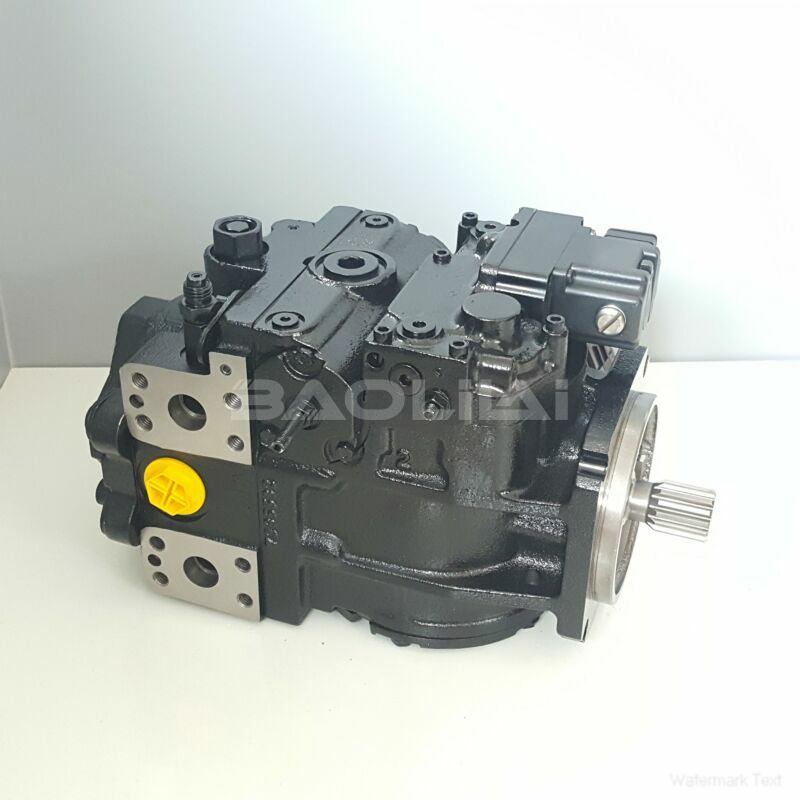90R075HF1AB60R3S1E00GBA232324 danfoss pump
90R075HF1AB60R3S1E00GBA232324 danfoss pump

- Product Details
- Applicable Scene
Hydraulic presses are indispensable tools in various industries, from manufacturing and automotive to metalworking and recycling. Central to their functionality is the hydraulic pump, which plays a crucial role in enhancing both power and precision. Understanding how hydraulic pumps work and their impact on the performance of hydraulic presses is vital for optimizing efficiency and productivity.
90-R-075-HF-1-AB-60-R-3-S1-E-00-GBA-23-23-24
90R075HF1AB60R3S1E00GBA232324
Hydraulic pumps convert mechanical power into hydraulic energy, generating the pressure necessary to operate hydraulic systems. There are various types of hydraulic pumps, including gear pumps, piston pumps, and vane pumps, each offering unique advantages and suited for different applications. The choice of pump is critical, as it directly affects the performance characteristics of the hydraulic press.

9521517
One of the primary benefits of hydraulic pumps is their ability to produce high amounts of force with relatively little input power. This capability is essential in hydraulic presses, where immense pressure is required to reshape, compress, or mold materials. By utilizing a hydraulic pump that can deliver consistent and reliable pressure, manufacturers can achieve superior results, improving the quality of the finished product.
Precision is another significant advantage provided by hydraulic pumps in hydraulic presses. The inherent characteristics of hydraulic systems allow for smooth and controlled movements, minimizing the risk of damaging the material being processed. The ability to finely adjust pressure settings ensures that operators can achieve the desired results without compromising the integrity of the workpiece. This level of control is particularly important in industries where tolerances are critical, such as aerospace and automotive manufacturing.
Moreover, advancements in hydraulic pump technology have led to improved energy efficiency and reduced operating costs. Modern hydraulic pumps are designed to minimize energy consumption while maximizing output, making them more sustainable and cost-effective. Features such as variable displacement and load-sensing capabilities allow these pumps to adjust their output based on the demands of the hydraulic system, further enhancing efficiency.





